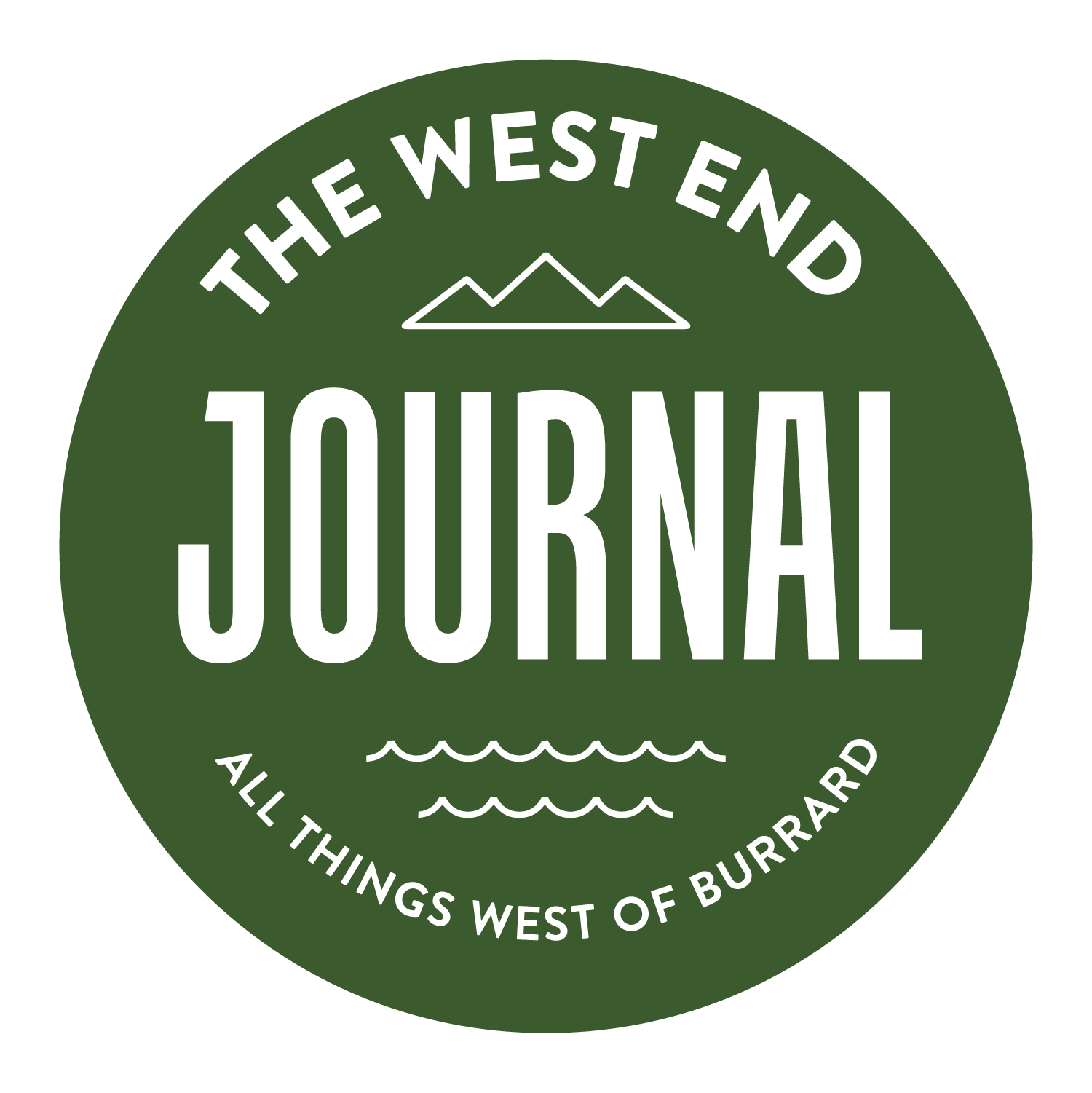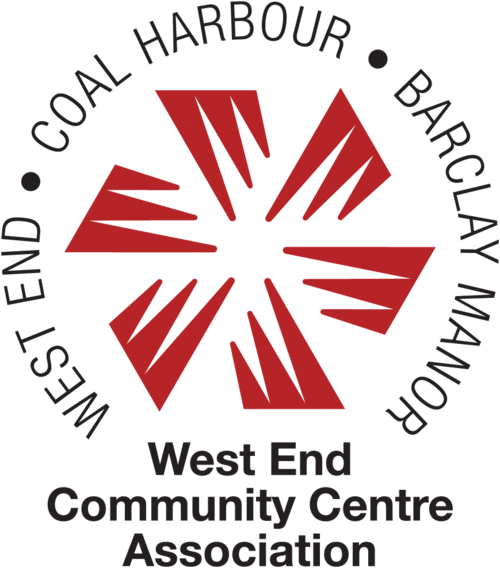A CLOSER LOOK
/WHAT’S HAPPENED TO THE DOVER ARMS?
How Thriving Businesses Die In Vancouver
by John Streit
A peek through the large windows of the former Dover Arms Pub on Denman Street near Barclay shows not much has changed inside since its closure more than four years ago. The white mantle of the electric fireplace is still near the area where live bands used to play and people used to dance. So is the long, dark wood bar where patrons could enjoy a good conversation and a cold one. The expansive space almost looks like it has been preserved in time, a turnkey operation awaiting the next pub owner to be simply given the keys, turn on the lights and open the doors. Outside, the awning still features the original name and logo. But strangely, the Dover Arms and adjacent former West End Liquor Store both remain empty storefronts on what is considered one of Vancouver’s premier “high streets.”
The Dover Arms as it is fondly remembered.
(click on images to enlarge)
Aaron Chapman is an award-winning British Columbia author and historian. His latest book “Vancouver After Dark” chronicles the wild history of our city’s nightlife. He says the Dover Arms was a unique pub in Vancouver bar history. “It was technically the very first pub, opening with the province’s first "neighbourhood pub" license in 1975. Vancouverites today might find it hard to believe, but our puritan liquor laws (that many would argue are still on the books) from those days really only opened liquor licenses just a few years earlier. So, there were no neighbourhood pubs prior to the Dover Arms. There were beer parlours, and some restaurants that had liquor licences, and nightclubs who finally got them. But if you wanted to go to a pub (and just drink and not have to also eat something) you couldn't do that until 1975!” he says.
In happier, busier times.
Chapman says the pub closed in 2017 after the pub operator’s lease rate was increased. “The landlord seems to have been happy to leave it that way. Or at least no new tenant found the lease rate competitive enough to open a new business there. I think that tells you a lot. I think the closure of businesses like this thanks to the cost of rent does more than just kill a business. You had some long-time staff who had worked there for 20+ years and it kills any street-life in the neighbourhood.
Stephen Regan with the West End Business Improvement Association agrees with Chapman that such a prominent empty storefront affects the streetscape. “Vacancies are not bringing business and customer traffic into the street that can support the neighbouring businesses. You need that multiplier effect to have all businesses vibrant and active, all bringing their customers to the store which means you’re passing other stores, the synergy. On the downside, when the place is negative, the alcoves become places to camp or shelter, or do some panhandling. They collect leaves and litter - they’re not as well kept generally. So, the windows and awnings can get old really fast. There are a number of things that take the street down in terms of a cleanliness and attractiveness level,” he says.
Finding a reason why a landlord would let a seemingly prime commercial space, like the former Dover Arms, sit empty for years isn’t easy. Mike Cook is a Vancouver real estate agent who says commercial lease rates were traditionally “ask and you shall receive.” “It seems some landlords are simply not willing to recognize the current climate. In this case - it’s holding costs versus finding a renter at a lower rate. I guess some have owned these places for so long they can sit on them.”
An abandoned shell of its former self. (Milan Streit Photo)
Andy Yan is the director of The City Program at SFU and says a lot of this deals with the high cost of land and real estate in Vancouver. “It’s really what happens with the relationship of landlords to taxes as well as rents. That relationship is the fact that commercial tenants have to pay what’s called a Triple Net Lease. The Triple Net Lease is not only dealing with the issue of rent, but the tenant is also responsible for taxes and additional maintenance costs on the property which can be sizeable and expensive.”
The province’s “highest and best use” tax policy means that B.C. properties are assessed — and taxed— based on their “highest and best use”, meaning they are taxed on the use of the property that would generate the highest return. So commercial tenants are essentially paying taxes on the potential use of the air above their business.
“These costs can be sizeable and expensive,” said Yan, “particularly for parts of the city that have seen dramatic real estate value increases and I think that has made a lot of high streets struggle over the past couple of years. And in turn, it prevented a lot of landlords from expanding in these properties. That being said, with newer landlords buying buildings, and having their costs reset at these new values, they’re perhaps reluctant to lower rents just simply because of how lowering rents can lower the value of the building. That’s something a lot of landlords are trying to avoid.”
Untended doorways and nooks gather leaves, trash, and offer shelter for the homeless. (Milan Streit Photo)
Chapman says the Dover Arms was a meeting place for West Enders and people from outside the neighborhood alike. It didn’t close because it was unpopular or wasn’t doing well. “It closed because it was not affordable to stay open. Was it really in the best interest of the landlord to raise the rent that high and lose four years and counting worth of rent, or could some other arrangement have been made? When one looks at how many storefronts on Robson street are closed - and closed before the pandemic happened - I think we're left with some pretty hard questions about the future of retail, pubs, and restaurants. The city needs to look at everything from an empty business tax to landlords. Even some heritage business tax breaks - breaks for businesses who have been there for 30 years or more. It's not just Denman or Robson Street, of course, but a city-wide issue. Just look at Gastown in the former location of the Town Pump which has been empty for about 20 years now,” he says.
Yan feels leaving a storefront empty for four years on Denman Street is unusual but says it also requires one to look at the landlord as well as their future plans for the property. “Also, their financial strategy for properties they perhaps hold throughout the city. And as part of that strategy is the ability to withstand four years of a unit staying empty. Finding the right tenant is something that the landlord is perhaps attempting to hold out for. As opposed to say having reduced rents. I think that this is really an ongoing challenge for a number of neighborhoods throughout the city,” he says.
Yan was part of a recent study on retail conducted by the City of Vancouver. “What was interesting was not only these kinds of challenges in terms of property, speculation, and taxes. But it was the fact that density matters. Perhaps not so in the West End, but more so in other neighborhoods. You actually have a density threshold which if you’re below 40 people per hectare, you actually see a lot of commercial and retail struggle. That includes ‘mom and pop’ stores along with chains if you’re below that population threshold. If you are above it, you’re actually doing okay. So, I think that as we build forward in terms of COVID-19 recovery, this is all part of the parameters which to consider as we rethink how the city is going to operate after the pandemic. He adds COVID has both interrupted and accelerated a lot of disruptions to trends that were already challenging storefronts. So, I think that this is really just part of it. It’s going to go through a series of sticks and carrots for landlords to attract prospective tenants.”
The West End Journal asked Stephen Regan if the BIA was surprised the Dover property is still vacant. “Nothing surprises me anymore. It really is too bad. It was really a beloved place. I don’t how the building was structured in the backend with liquor licensing and lease rates, but I understand the tenant who was running the Dover Arms was disappointed that they couldn’t renegotiate, or it didn’t work out. So, I guess I’m a little disappointed after four years it’s not re-leased and operating again, ideally with the liquor license and providing that mix and vibe for Denman that’s kind of missing now.
“We have independent ownership groups, and I guess it’s called fractionated ownership in a commercial area and lots of different owners with lots of different conditions, situations, financing and corporate structures. BIA’s are not really privy to all of the nuances of all of that. We’re a little bit like the community where you hope for the best, but don’t see all the considerations behind the scenes and it’s hard to understand why something is vacant for so long,” he says.
Regan says the make-up of some of these large commercial entities can be pretty complex. “You just don’t know what the structure is that the ownership group is dealing with. If there’s a partner, multiple partners or maybe a financial reason why it makes sense to take a loss on this property as part of a larger portfolio, I have no idea,” he says. Regan adds West End commercial buildings always get offers but few owners sell.
So, has the BIA reached out to the landlord? Regan says a few times. “Yes, I’ve talked to him about issues while the Dover Arms was operating. Around six years ago, the Royal Bank and Dover Arms were experiencing issues in the underground parkade with homeless camping, people lighting fires and breaking the gate, and large groups gathering. We engaged with the property owner who we asked to fix the gate. Subsequent to Dover Arms not renewing the lease there, we reached out a few times but didn’t really get a lot of response. And we’ve offered over the years some help and asked, ‘what do you need from us, can we do anything?’ But there hasn’t been much follow-up on that,” he adds.
Yan agrees with Regan that empty storefronts have a spillover effect to the overall look and feel of a neighbourhood. “I think it brings a sense of unfortunate decline, and a reflection of the wellness of the neighbourhood. They are some of the ongoing challenges for certain commercial streets in the entire city of Vancouver. I think there are a number of cities, whether London or New York, which are activating storefronts. Certainly, having a tenant to fill the empty unit is something everybody wants. But I think there are also initiatives to activate the storefronts through non-profits being in that space or a pop-up kind of business. It’s also just maintaining the storefront - like keeping graffiti and litter away,” Yan says.
Regan calls the former Dover Arms “a jewel of a location.” “I just think between the City of Vancouver, BIA and others there are limited tools. I wonder how a property owner can manage the taxes. They’ve got to absorb all the taxes on that block. Commercial property taxes are over four times the rate of residential. So, when you look at your square footage, multiply it by four-plus for the person selling coffee.”
Barb Burrows with Macdonald Commercial says the former Dover Arms portion has been leased for two years. The realtor tells TWEJ it will become “a juice bar and coffee lounge.” She understands the landlord and new tenant are renegotiating to add the former liquor store space.
“It gets complicated as the landlord was in the process of getting permits (from City of Vancouver) to separate the addresses, and now it’s on hold to see if the tenant is taking both spaces.”
When the Dover Arms closed four years ago, local travel and tourism storyteller Vickie Sam Paget wrote: "I know that ‘progress’ marches on, but I do worry about this Eleanor Rigby-like list of characters (at the pub). The Dover Arms was their touchstone. And a sense of community is something that we should never ever take for granted. And I worry about the West End. Change is inevitable, I know, and I’m bracing myself for it. I just hope it’s not at the expense of the area’s wonderful, glorious, ramshackle soul.”
Little did she know that this “change" would simply be, emptiness.









